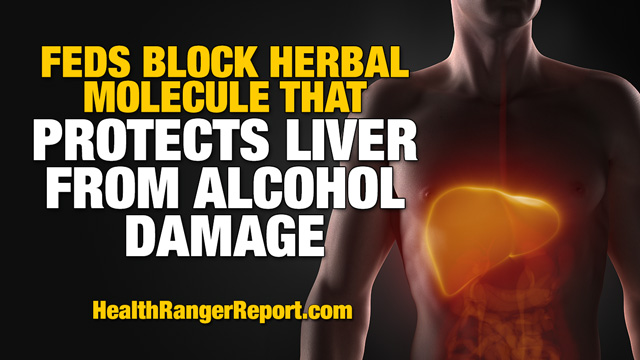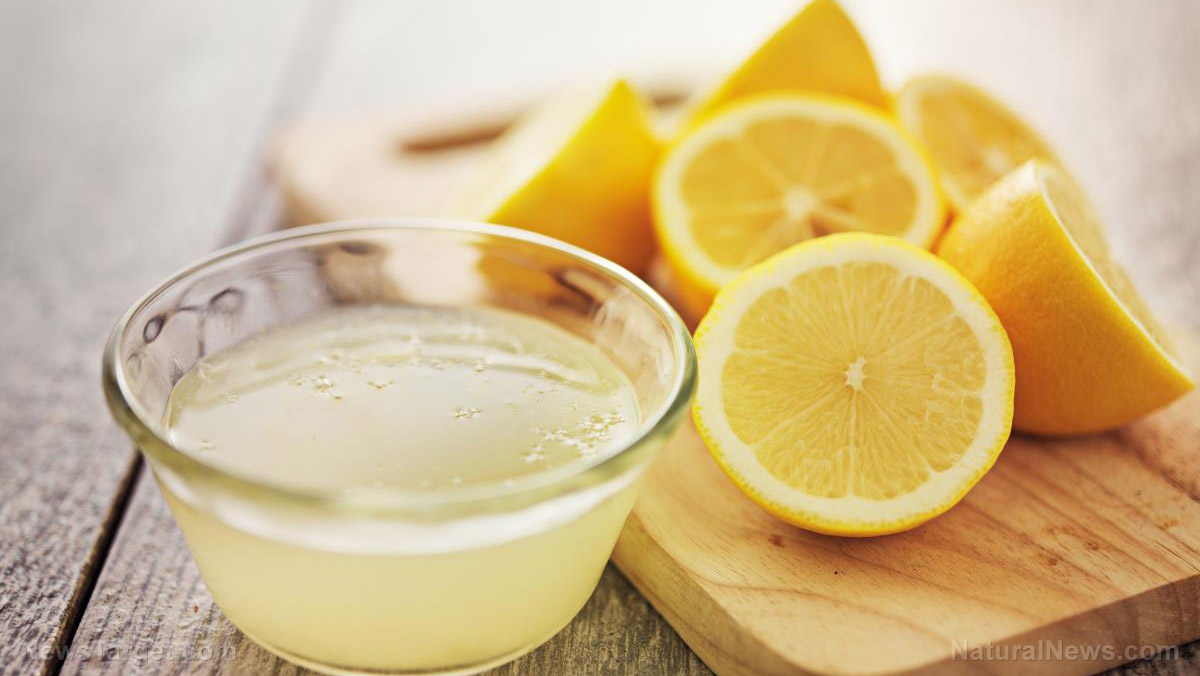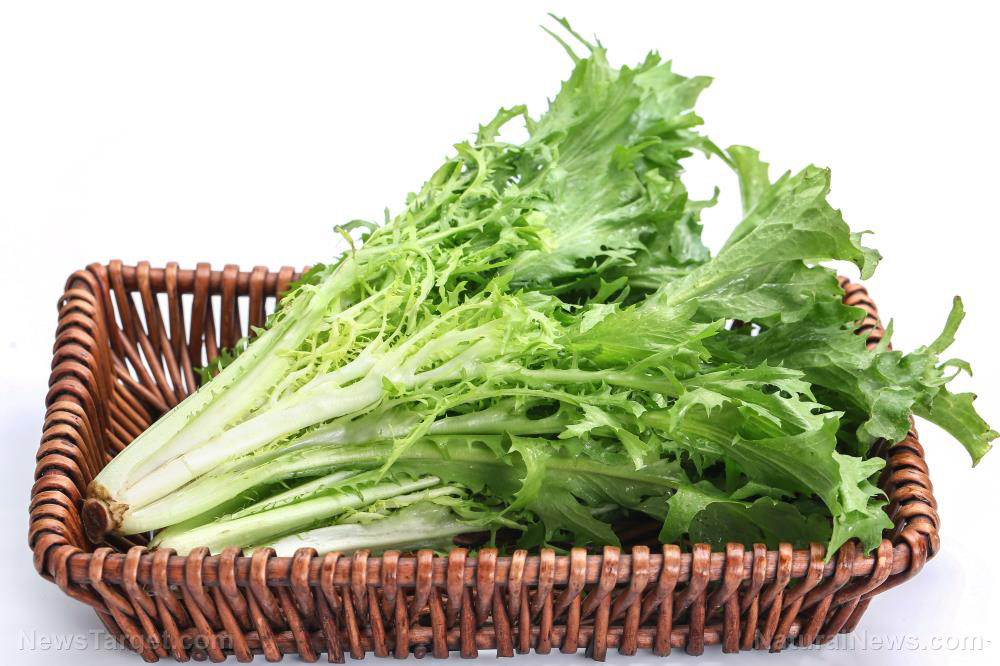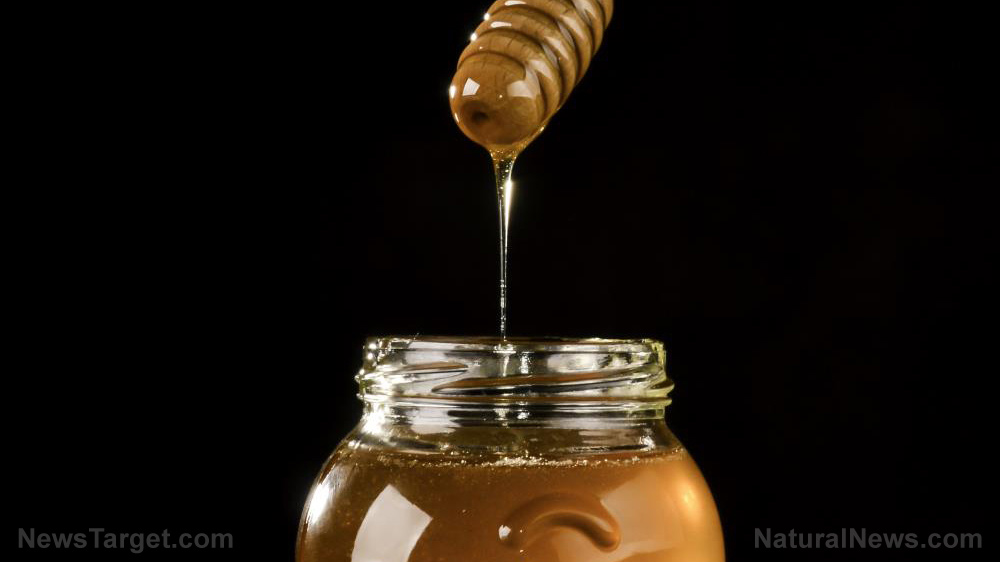Feds block herbal molecule that makes drinking alcohol less dangerous to your liver — Health Ranger
11/22/2017 / By David Armstrong

In recent weeks Natural News founder/editor Mike Adams, the Health Ranger, exposed yet another monumental fail on the part of the federal government: The Feds are actively blocking the public from learning about an herbal molecule from licorice root that can be added to alcoholic beverages to dramatically reduce the liver toxicity caused by alcohol consumption.
In a “Health Ranger Report” podcast, Adams noted that the “liver protective effects of this plant-based molecule are astonishing, yet the TTB (which regulates alcohol) is demanding this molecule be censored from public knowledge and not mentioned on alcohol labels,” he said.
The trade name for the molecule is “NTX” and it’s a combination of a licorice root extract plus a functional sugar molecule, Adams continued.
It has already been awarded a patent as a liver protective substance, and it has the potential to help prevent tens of thousands of acute liver toxicity cases each year that are derived from alcohol consumption.
“Isn’t it astonishing that the U.S. federal government doesn’t want to make alcohol safer to consume?” he asked, even as the government grapples with alcohol-related illnesses (and an opioid epidemic to boot).
The ingredient, Adams said, acts as a protective “shield” for the liver, which is most often damaged by long-term alcohol abuse, thereby dramatically reducing the risk of liver failure.
Licorice root, he continued, is a traditional Chinese medicine that has been used by Asian healers for thousands of years, but is now also used by Western herbal healers as well.
The root, for example, has been utilized to treat Type II diabetes, Adams said, as it is “known to help regulate blood sugar.” But new research shows that the NTX molecule can also provide protection for the liver, he added.
Nevertheless, said Adams, the federal government doesn’t want to allow the company that makes NTX to advertise its alcohol-protective claims.
“You’ve got to wonder, with all the crazy, insane things our government does — like the EPA polluting the rivers in Colorado, the FDA conspiring with pharmaceutical companies to keep deadly toxic drugs on the market like Rezulin, which also harmed the liver — why it wouldn’t want to support a substance that made alcohol consumption somewhat safer?”
As for licorice root, prior research from several years ago also indicated that it had protective properties regarding the liver. Natural News reported in June 2012 that licorice root decreased the presence of liver enzymes alanine transaminase (ALT) and aspartate transaminase (AST), both of which are released when the liver is distressed.
Natural News reported further:
ALT and AST high counts or concentrations alone do not determine the exact liver issue, but it clearly shows the liver is in distress. This could be from a period of heavy drinking or pharmaceutical consumption, or it could lead to further testing for determining hepatitis, non-alcoholic fatty liver (NAFL), cirrhosis, or cancer.
As to the federal government’s intransigence on permitting the marketing and use of NTX, Adams had a plausible theory.
“It’s almost like [the government] wants people to have liver damage because that creates more patients for the pharmaceutical industry and the hospital industry and the sick-care system” that influence policymaking and provide campaign funds for politicians, Adams noted.
He notes that the primary federal agencies that formulate policies regarding food and medicine “all work for the corporations these days,” said Adams, reflecting on the influence they have on policies and Congress.
Later in his podcast, Adams cited additional research that indicates licorice root is protective of the liver, but federal agencies refuse to acknowledge it.
“You have to ask yourself, why wouldn’t the government want to make alcohol safer to drink?” he said.
There’s much more and you can listen here or click the YouTube presentation below.
Tagged Under: Alcohol, alcoholic beverages, bureaucracy, corporate interests, FDA, federal government, herbal molecule, licorice root, liver damage, liver protection, NTX, protective properties, reduced toxicity, USDA
RECENT NEWS & ARTICLES
COPYRIGHT © 2017 INGREDIENTS NEWS




















